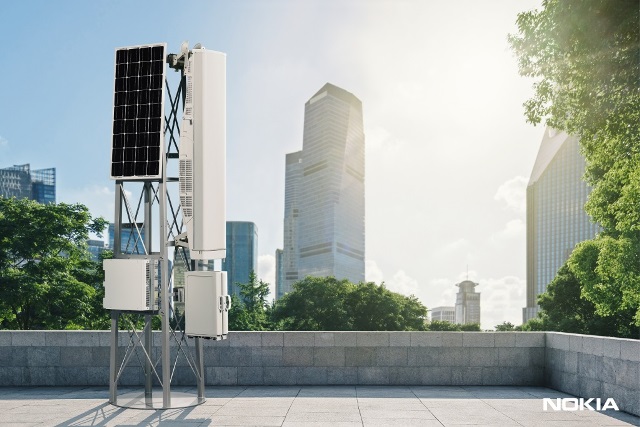Nokia has joined hands with Broadcom to develop chips for 5G equipment in its third such deal following ones with Intel and Marvell.
 Nokia initially chose a type of chip — Field Programmable Gate Arrays (FPGAs) — for its 5G equipment that customers could reprogramme but high costs and supply hurdles last year forced it to change course.
Nokia initially chose a type of chip — Field Programmable Gate Arrays (FPGAs) — for its 5G equipment that customers could reprogramme but high costs and supply hurdles last year forced it to change course.
“We still stand by the decision of going with FPGAs because it was the right thing to do at that time,” Sandro Tavares, Nokia’s head of mobile networks marketing, told Reuters. “When we announced the shift in strategy, the market evolved faster and we needed to speed up the process of developing new suppliers,” he said.
Nokia, which competes with Sweden’s Ericsson and China’s Huawei and ZTE, had said its 5G products could not reach the market in time due to delays by one supplier, identified by analysts as Intel.
It is now using cheaper custom chips to bring down costs and adding more suppliers to diversify its supply.
Tavares declined to comment on when Nokia’s 5G equipment with Broadcom chips would hit the market or if Nokia would add more suppliers.
Reducing the cost of its chips is a key performance indicator for Nokia and in the first quarter it said 17 percent of its 5G equipment had custom chips, up from about 10 percent at the end of 2019.
Nokia aims to have the custom chips in more than 35 percent of its 5G shipments by the end of this year and to reach a rate of 100 percent by the end of 2022.
Nokia has said it expects its gross margins to improve as it increases shipments of 5G products with custom chips.
Broadcom earlier said it entered into two multi-year agreements with iPhone maker Apple for the supply of wireless components used in its products.
Broadcom withdrew its revenue forecast for 2020, joining several rival chipmakers that have either cut or pulled their sales outlook due to demand and supply disruptions caused by the coronavirus outbreak.
The chipmaker said it expects second-quarter revenue of $5.7 billion, plus or minus $150 million.





